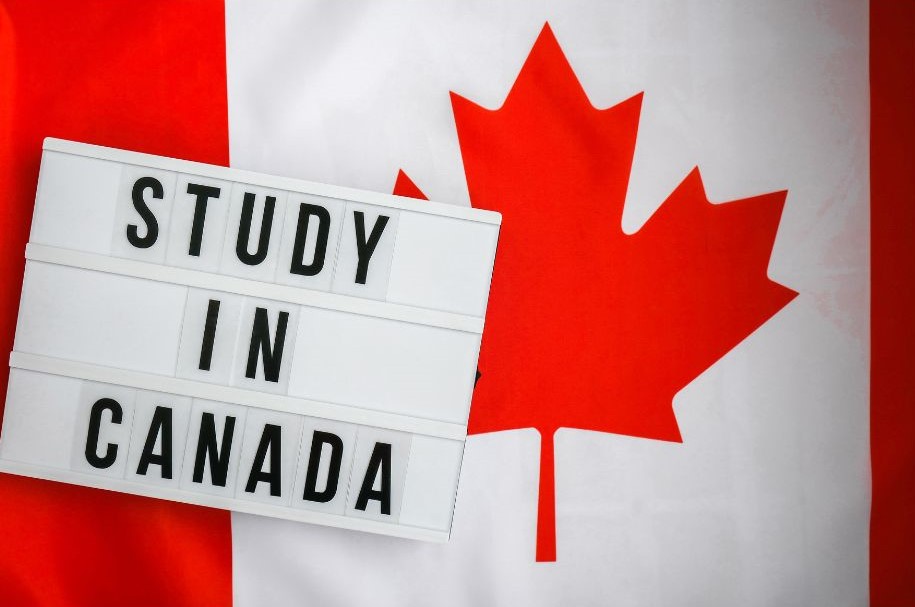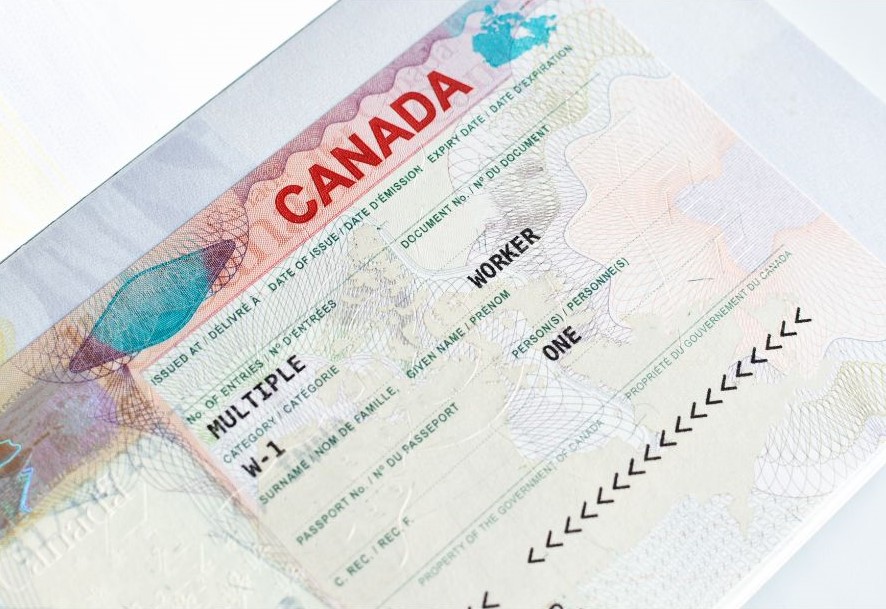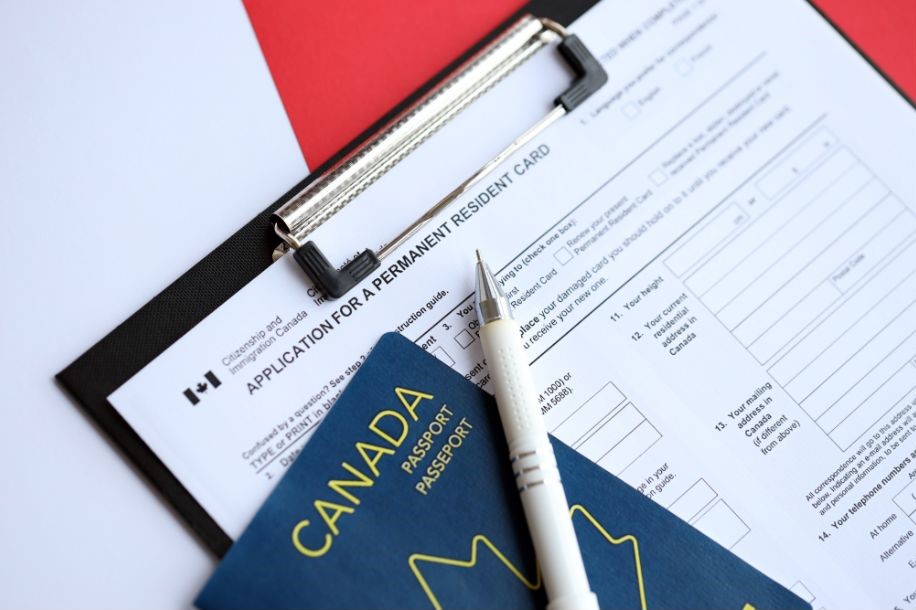Moving to Canada: A Comprehensive Guide
Make your dream move to Canada
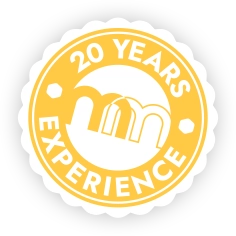
Moving to Canada is an exciting opportunity to experience its stunning landscapes, exceptional quality of life, and welcoming communities. As a popular destination for UK residents, Canada offers various immigration routes, with work and family visas being the most common. Both visa routes require meeting specific eligibility criteria and securing the appropriate visas. This guide explores the key immigration options and outlines the processes to help you plan your move effectively.
Family Reunification: Joining Loved Ones in Canada
If you have a family member who is a Canadian citizen, permanent resident, or registered under the Canadian Indian Act, you may be eligible to join them through family sponsorship. The sponsor must live in Canada unless they are a Canadian citizen living abroad and plan to return when their relative relocates. Special rules apply to residents of Quebec.
Application Process for Family Sponsorship:
- Obtain the Application Package: Includes necessary forms and a document checklist.
- Pay the Fees: You and any family members will need to pay the applicable visa fees and additional fees for biometrics.
- Submit the Application: Complete and submit the forms along with the required documentation.
- Provide Additional Information: Includes biometric data and possibly medical tests.
Eligibility for Spouses and Partners:
- Spouse: Must be legally married and at least 18 years old.
- Common-law Partner: Must have lived together for at least 12 months without long separations.
- Conjugal Partner: For those in a committed relationship but unable to live together due to barriers.
Dependent Children of a Canadian Citizen or Permanent Resident:
Children of Canadian citizens or their spouses/partners can be sponsored if they are under 22 years old and without a spouse or partner. Exceptions exist for those over 22 with certain dependencies, such as:
- You are unable to support yourself because of a mental or physical condition financially
- You have depended on your parents for financial support before you were the age of 22
Parents and Grandparents of a Canadian Citizen or Permanent Resident:
Parents and grandparents can be sponsored, including new partners, if the Canadian resident has remarried. Siblings can be sponsored if they qualify as dependent children.
Other Relatives of a Canadian Citizen or Permanent Resident:
In specific cases, you can sponsor relatives such as aunts, uncles, siblings, or orphaned family members, provided you haven’t sponsored other family members and meet financial requirements.
Financial Requirements For Canada Family Sponsorship:
Sponsors must demonstrate sufficient income to support the family members they wish to bring to Canada. Income levels vary based on the number of people sponsored.
Emigrate to Canada Through Employment
The Express Entry system is the primary route for skilled workers wanting to emigrate to Canada through employment. This system selects candidates based on their ability to contribute to the Canadian economy.
Canada Programmes Under the Express Entry Route:
- Federal Skilled Worker Program
- Federal Skilled Trades Program
- Canadian Experience Class
Job Classification – The Canadian National Occupational Classification (NOC):
Jobs in Canada are classified under the National Occupational Classification (NOC) by skill type and level, including management, professional, technical, intermediate, and labour jobs.
The main job groups include:
- Skill Type (0): Management jobs such as shore captains, restaurant managers and mine managers
- Skill Level A: Professional jobs which usually require a degree, such as doctors, dentists, architects, IT professionals
- Skill Level B: Technical jobs and skilled trades which typically require apprentice training or a college diploma, such as plumbers, chefs and electricians
- Skill Level C: Intermediate jobs usually require high school and/or job-specific training. This includes workers such as long-haul truck drivers, food and beverage servers and industrial butchers
- Skill Level D: Labour jobs which usually give on-job training,g such as cleaning staff, fruit pickers and oil-field workers
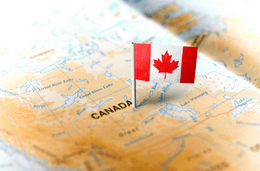
The Different Economic Immigration Programmes
Criteria | Federal Skilled Worker Program | Federal Skilled Trades Program | Canadian Experience Class |
Language skills | English or French to CLB 7 standard | English or French to CLB 5 standard for speaking and listening and CL4 for reading and writing | English or French to CLB 7 standard if your NOC is in 0 or A category, or CLB 5 standard if your NOC is in B category |
Level of work experience | Canadian or foreign work experience in one of the following NOCs: 0, A or B | Canadian or foreign experience in a skilled trade under key groups of NOC B | Canadian experience in 1 of these NOCs: 0, A, B |
Amount of work experience | One-year continuous work experience within the last 10 years. Can be combination of part-time, full-time or more than one job | Two years within the last 5 years (either combination or full-time or part-time work) | One year in Canada in the last 3 years (either combination of full-time or part-time work) |
Job offer? | Not required, but more selection criteria points awarded for having valid job offer | Valid job offer of full-time employment for a total period of at least 1 year or a certificate of qualification in that skilled trade issued by Canadian provincial, territorial or federal authority | No required |
Education | Secondary education required. More selection criteria points awarded for higher education | Not required | Not required |
Express Entry Profile
The Express Entry profile requires you to submit details about yourself and any family who plan to move to Canada with you.
The Canadian immigration authorities will assess your profile to determine if you qualify for the Express Entry system. If you do, you'll be entered into a pool of candidates, where your profile will be ranked based on a points system.
The score you receive is directly tied to the information you provide in your profile. Candidates with the highest scores in the pool will be invited to apply for permanent residence.
You must complete and submit an online application form upon receiving an invitation. You will have 60 days to submit your permanent residence application.
Canada Express Entry Required Documents and Fees
After receiving your invitation to apply, you'll need to upload the required documents to your profile.
The system will generate a personalised document checklist once you complete the permanent residence application form.
After finishing the online application and uploading the necessary documents, you’ll be informed of the fees you must pay.
Here are the updated 2024 fees (subject to change) for permanent residence applications (in Canadian dollars):
- Application (including the right of permanent residence fee): $1,210
- Application (without the right of permanent residence fee): $635
- Including a spouse or partner (with the right of permanent residence fee): $1,210
- Including a spouse or partner (without the right of permanent residence fee): $635
- Dependent child: $175 per child
Canada Express Entry Application Next Steps and Processing Times
Once you submit your application, Canadian immigration officials will assess it to confirm that you meet the eligibility requirements and have included the necessary documents.
After the initial assessment, you’ll receive updates through your online account about the subsequent steps in your application. One of these steps typically involves providing biometric information, including fingerprints and a photo. You’ll be informed of the location where you need to complete this process.
In some cases, immigration officials may request additional documentation or schedule an interview to gather more information.
Under normal circumstances, a decision on your application is usually reached within five to six months, depending on the specific Express Entry stream you are applying through. Throughout this period, you should be kept informed about the progress of your application.

Canada Study Visas
To study in Canada, you’ll need to apply for a study permit, which allows you to live and study in Canada for the duration of your course or programme.
To be eligible for a Canadian study permit, you should:
- Have an acceptance letter from a recognised Canadian school, college, university, or other educational institution.
- Provide evidence that you have sufficient funds to cover your tuition fees and living expenses in Canada.
- Provide a police certificate to show you have no criminal record in any country you have lived.
- Be in good health, often demonstrated through a medical examination.
A Canada study permit may not be required if:
- Your course or programme lasts six months or less.
- You are a family member or staff of a foreign representative(for example a diplomat) to Canada.
- You are a member of a foreign armed force under the Visiting Forces Act.
Emigrating to Canada Through Investment
Canada offers several investment-based immigration programmes leading to permanent residency. These programmes are designed to attract individuals with significant financial resources and entrepreneurial experience to Canada.
Canadian Immigration Investment Programmes Include:
· Quebec Immigrant Investor Program (QIIP): For individuals with a personal net worth of at least $2 million and a minimum of two years of management experience.
· Quebec Entrepreneur Program: For foreign investors with a personal net worth of at least $10 million, this program is ideal for those looking to manage a business in Canada actively.
· Quebec Self-Employed Program: Aimed at individuals with mid-range personal net worth who wish to establish and run their own business in Canada.
· Federal Immigrant Investor Venture Capital (IIVC) Pilot Program: This program requires a net worth of $1.6 million and an investment of at least $800,000 for five years.
· Federal Start-Up Visa Program: For entrepreneurs with the potential to build innovative businesses in Canada, this program connects them with private sector organisations that can help them with funding and expertise.
· Investor Program: Suited for high-net-worth individuals who wish to make a passive investment in Canada without the obligation to actively manage a business.
Other Immigration Routes Leading to Permanent Residence in Canada
Additional pathways include:
- Start-Up Visa: For entrepreneurs with a qualifying business and support from a designated organisation.
- Atlantic Immigration Pilot: For skilled workers and graduates wanting to live in Atlantic Canada.
- Provincial Nominees: For those nominated by a Canadian province or territory.
- Rural and Northern Immigration Pilot: For workers aiming to settle in smaller communities.
- Quebec-selected Skilled Workers: For those with a Quebec Selection Certificate.
- Caregivers: For those in specific caregiving roles.
- Self-employed Persons Program: For individuals with experience in cultural activities or athletics.
- Agri-Food Pilot: For non-seasonal workers in specific industries (until May 2023).
Canada Electronic Travel Authorization (ETA)
Travellers from visa-exempt countries need an ETA to enter Canada by air unless they hold a valid visa or meet other exemptions.


Ready to Move to Canada? Let's Get Started
You’ve got the knowledge—now let our experts handle the immigration process. Contact us today for tailored support and start your journey to Canada!
You’ve got the knowledge—now let our experts handle the immigration process. Contact us today for tailored support and start your journey to Canada!
